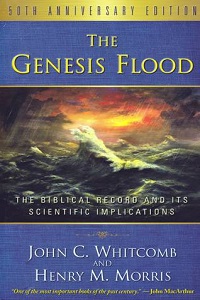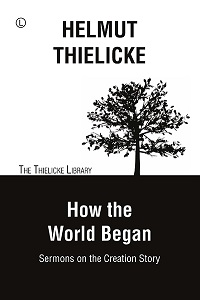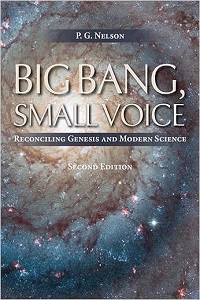How will these resources help you?
A six-day creation 6,000 years ago has never been the orthodox Christian view. From early church father Irenaeus onwards, Christian thinkers throughout history have interpreted the ‘days’ of the Genesis account as longer time periods and have recognised the conflicting Genesis accounts as poetic explanations of God’s relationship to humans and the earth. These resources explore the origins of the ‘Young Earth Creation’ movement in the early-mid twentieth century and help students understand its historical and philosophical context as a reaction to the growing secularisation of the establishment, especially in the USA. These attempts to create new theodicies and defend God against science have ultimately backfired and fed into today’s culture wars, leading many to see religion itself as anti-academic. My students find this perspective fascinating and considering it helps them to hone their critical skills, feel more sympathy with unusual views, and find levels of meaning in arguments that are often more emotive than factual.
The seminal text for a new perspective

The Genesis Flood: The Biblical Record and its Scientific Implications
by John C. Whitcomb and Henry M. Morris, published by Presbyterian and Reformed Publishing, (2011), 9781596383951
This is the classic text expressing the beliefs of Young Earth Creationists that the laws of physics underwent a fundamental change after Noah’s flood, accounting for why the earth appears to be as old as it does. I use selected quotes from this to illustrate the origins of this view within its historical context to my older students. This gives them good practice in critical reading. They also find its attempts at establishing empirical authenticity fascinating, as it adds nuance to the idea that knowledge through revelation is the primary source of authority for these theistic creationists.

How the World Began: Sermons on the Creation Story
by Helmut Thielicke, published by The Lutterworth Press, (2016), 9780718894580
This book is based on a series of sermons from the orthodox Protestant theologian Thielicke in 1964. While its main focus is theological, Thielicke explicitly states that evolution is the physical and biological cause of humanity but that God has endowed humans with a special purpose. He also notes that Genesis is clearly not trying to delve into scientific and geological understanding and that nobody, even in ancient times, would have really considered the sun and moon to be lamps ‘hanging in the sky’, as a literal reading of Genesis would have us believe. He sees God as endowing humans with a special gift at a point during the evolutionary process. This work is a useful illustration of how orthodox Christianity happily accepted the theory of evolution before Young Earth Creationism became widespread.
Does it work as a view?

Big Bang, Small Voice: Reconciling Genesis and Modern Science
by P.G. Nelson, published by Botanic Christian Books, (2014), 9780992825607
This text looks at different accounts of the creation of the universe and asks whether they can be reconciled. Considering Young Earth Creationist accounts, he argues that they both fail to achieve any level of scientific validity and ‘strain the Biblical text’. As an alternative, he offers a more consistent narrative in which Genesis is using figurative language for a variety of reasons and does not need to be threatened by the advent of modern science.
The history of the new voice

Did Darwin Kill God?
by Conor Cunningham, published by BBC Two, (2009)
Religious believer Conor Cunningham investigates the challenges that Darwin’s theory of evolution brought to the church. Here, he argues from a theistic compatibilist viewpoint and traces the origins and development of the Young Earth Creationist movement as a largely fringe movement of social reactionaries in the early-to-mid-twentieth century. He notes that Young Earth Creationism has never been the mainstream view of the established church and traces the history of views from Irenaeus onwards.
Further materials
Darwin and Fundamentalism by Merryl Wyn Davies, published by Icon Books, (2000), 9781840461770
Find this book
The Origins of Young Earth Creationism, published by InspiringPhilosophy, (2022)
Watch this video
Answers in Genesis, published by Answers in Genesis, (2023)
Visit this website
Susan Woodshore is a teacher in Edinburgh. She has a PhD in Ecclesiastical History and enjoys creating new educational resources across religion, ethics and philosophy.
Text © Susan Woodshore, 2023.
Text © Susan Woodshore, 2023.



